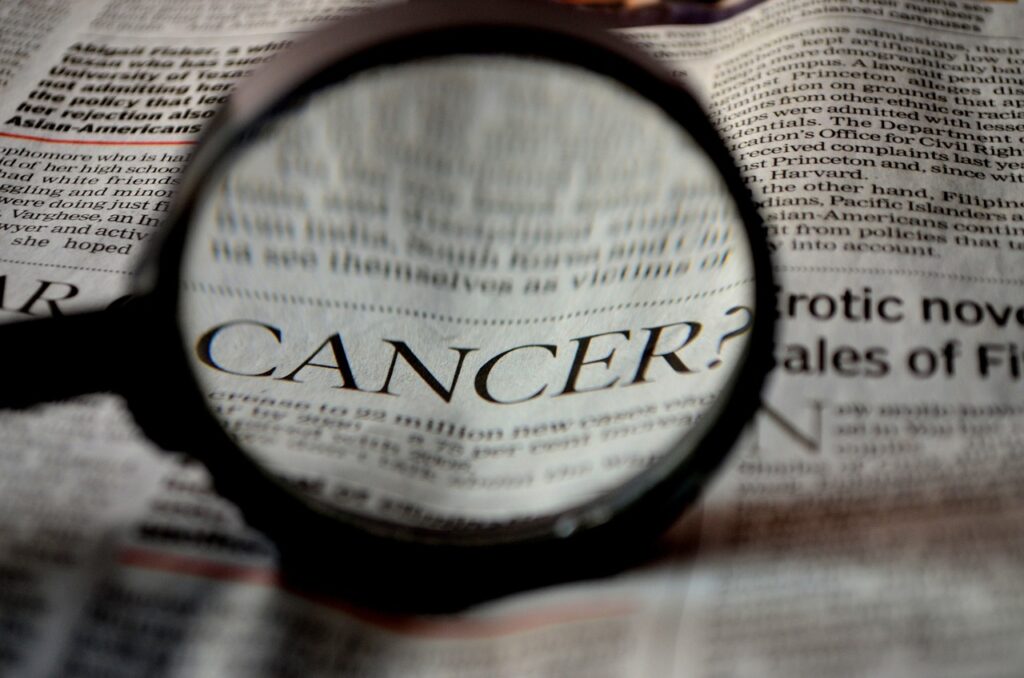World Cancer Day is Sunday, February 4th, so it’s a good time to talk about the numbers, the risks, and some preventative measures for first responders. Readers of a certain age may remember when we didn’t even speak about the “C” word. Now we’re shouting it out to share awareness and education.
By the Numbers
First responders are at a higher risk for cancer. Police officers have a 25% increased risk for cancer. Firefighters have a 60% increased risk for lung cancer alone, and 68% percent for all cancers. Female firefighters have a six times increased risk for breast cancer. Responders who helped with the cleanup effort from September 11 are at higher risk for leukemia. Smoking, alcohol abuse, poor diet, lack of proper exercise, and poor self-care, elevate those risks. Given the first responder lifestyle, one or more of those items are common in almost every responder.
This leads to a grim outlook but there is hope. Researchers are learning more and more about cancer, its causes, and preventative measures. If we continue to share education about cancer prevention and take action to encourage support, early detection, and preventive measures within our departments, we can and will lower those risks.
Things You Should Know
While firefighters have the highest risk given their exposure to carcinogens, all responders can benefit from knowing how to reduce cancer risks, monitor their health for early detection, and find support and treatment right away once a diagnosis occurs.
Reducing Risks
Firefighters especially know the dangers of carcinogens, but all first responders should be aware of ways to reduce their cancer risk. On scene, full PPE should be worn to reduce direct exposure. When equipment is properly donned and operating correctly, the first responder is more safe from harmful exposure to toxins. Additionally, equipment should be washed as soon as possible, even if still on scene, to avoid bringing those contaminants back to the base—or worse, home. Equipment should also be stored separately to avoid exposure.
Diesel exhaust can poison a person silently. Make sure all vehicle exhaust is vented outside the station and bay doors are open if the vehicle is running. A vehicle exhaust extraction system can help with this. First responders are exposed to many toxins on scene and even at the station, so taking careful measures to reduce exposure will help reduce the risk of cancer. Departments can encourage and provide (when able) certain personal care methods as well.
Personal Care
Diet, exercise, smoking, and drinking all play a part in one’s cancer risks. As first responders face a stressful lifestyle, there’s an increased risk of improper self-care. Focusing on proper nutrition and exercise and reducing or eliminating the use of certain substances can drastically improve one’s health.
A recent study found that those who get less than six hours of sleep are 41% more at risk for cancer. The increase was more for those who don’t take naps. Sleep deprivation is a major issue among first responders, so this is vital information.
Department-sponsored programs like smoking cessation, nutrition support, or access to exercise equipment can help reduce those risks by promoting better physical health. Since high blood pressure, obesity, smoking, and alcohol use increase one’s risk for cancer, reducing those risks also reduces one’s cancer risks.
Programs like life coaching or EAPs can help care for a responder’s mental health, reducing the need for certain unhealthy vices and encouraging healthier habits.
Monitor Your Health
Early detection is the best detection. Given the risk factors, first responders should be seeing their physician at least annually to talk about their risks and track exposure. When physicians have more information and can monitor and test early, first responders have the greatest chance of survival should a diagnosis occur. So, don’t be shy about seeing your doctor, and do tell all when it comes to your health.
Post Diagnosis
Cancer has plagued mankind for longer than it’s been recorded, yet we still struggle as a society to beat it. If you do have a diagnosis, follow all your doctor’s recommendations for the best path forward.
For departments, your responder needs you. Find out directly from your responder what you can do to support the journey. Don’t place limitations or undue stress but have a conversation first. With open communication between supervisor and responder, and privacy measures in place (!), shifts can be better planned or covered, care and support can be better received, and stress can be significantly reduced.
Brighter View
We hope to one day have better prevention. We hope to one day have access to more efficient health care. In time, we hope to have cancer irradicated. As we hope, we must take action. Continue to improve on your department’s preventive measures and continue to see your physician regularly. When possible, reach out to your local legislature to promote bills that will help prevent cancer risks or support those diagnosed. Encourage good mental and physical health within your department. Until that ugly “C” word is history, we’re in this battle together. Let’s change the narrative of tomorrow by supporting our responders and reducing the risk today.
